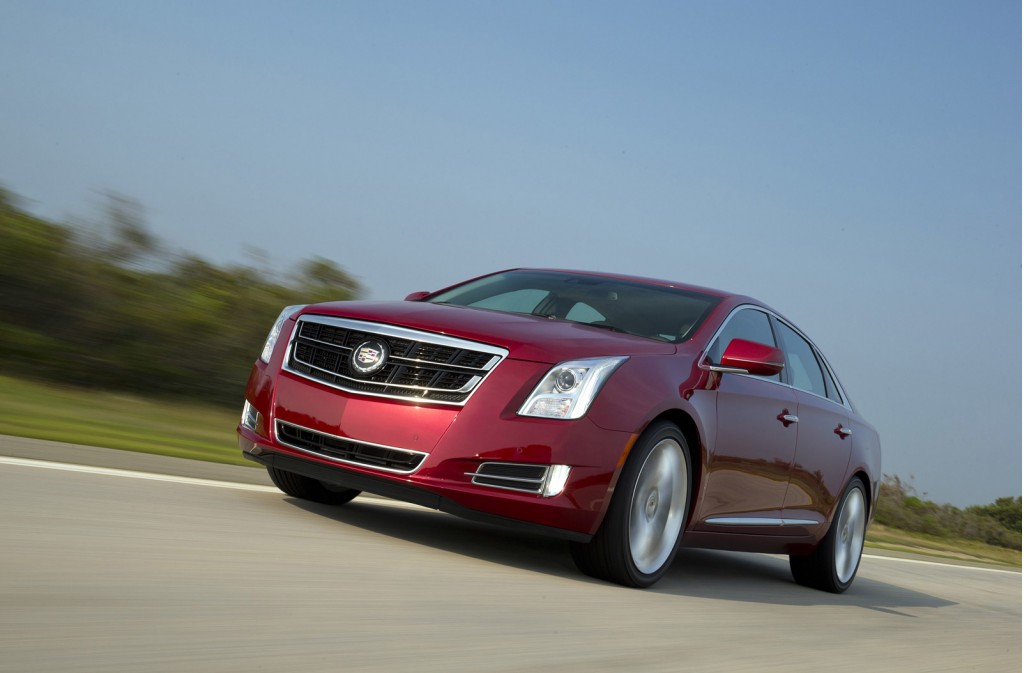When it comes to the environmental impact of cars, all the attention tends to be focused on the gasoline, diesel, or electricity that powers them.
But to understand how cars affect the environment, it's important to consider every aspect of the vehicle.
According to InsideClimate News, even the greenest cars have a dirty little secret: greenhouse-gas emissions from their air-conditioning coolant.

2014 Chevrolet Spark EV
Coolant: the culprit
The refrigerant used in most new production cars--a chemical called HFC 134a--reportedly traps 1,400 times more heat than carbon dioxide over a 100-year period, making it what's known as a "super greenhouse gas."
Air-conditioning coolant isn't normally exposed to the atmosphere, but it can leak out into the air if the canister that holds it is damaged.
And containing coolant leaks isn't always a top priority when wrecked cars are being scrapped.
While HFC 134a and other hydrofluorocarbons account for less than 1 percent of global warming, their emissions are growing by 10 to 15 percent a year as developing economies use more of them in cars and other refrigerated appliances.
Progress for ozone
While it's now viewed as a threatening pollutant, the adoption of HFC 134a was originally viewed as progress.
Beginning in 1987 as part of the Montreal Protocol, the United States and other countries began phasing out CFC 12, an ozone-depleting chlorofluorocarbon (CFC) that was the industry-standard refrigerant at the time.
HFC 134a was viewed as a greener alternative; it's considered ozone-safe and has just one-eighth of CFC 12's climate-change potential.
While its adoption addressed ozone depletion, now a lower-impact alternative is again needed, as HFC 134a's greenhouse-gas impact becomes more apparent..

2014 Cadillac XTS Vsport
That alternative is HFO 1234yf, which has roughly the same global-warming effect as carbon dioxide and about 0.3 percent that of HFC 134a.
Germans refuse
In 2010, General Motors announced it would begin voluntarily switching to the greenhouse-gas friendly coolant. That company's Cadillac XTS luxury sedan was the first production car to use HFO 1234yf, and it's also used in the Chevrolet Spark EV.
The European Union has also committed to greenhouse-gas-neutral refrigerants, HFO 1234yf, which it plans to make mandatory for all new cars by 2017. But major German automakers, including Mercedes-Benz and Volkswagen, refuse to use it, citing safety concerns.
Meanwhile, the U.S. Environmental Protection Agency is moving toward tougher refrigerant regulations.
It plans to use authority granted by the Clean Air Act to mandate the replacement of HFC 134a with less-harmful alternatives, which could force all carmakers selling in the U.S. to make the switch.
_______________________________________________












